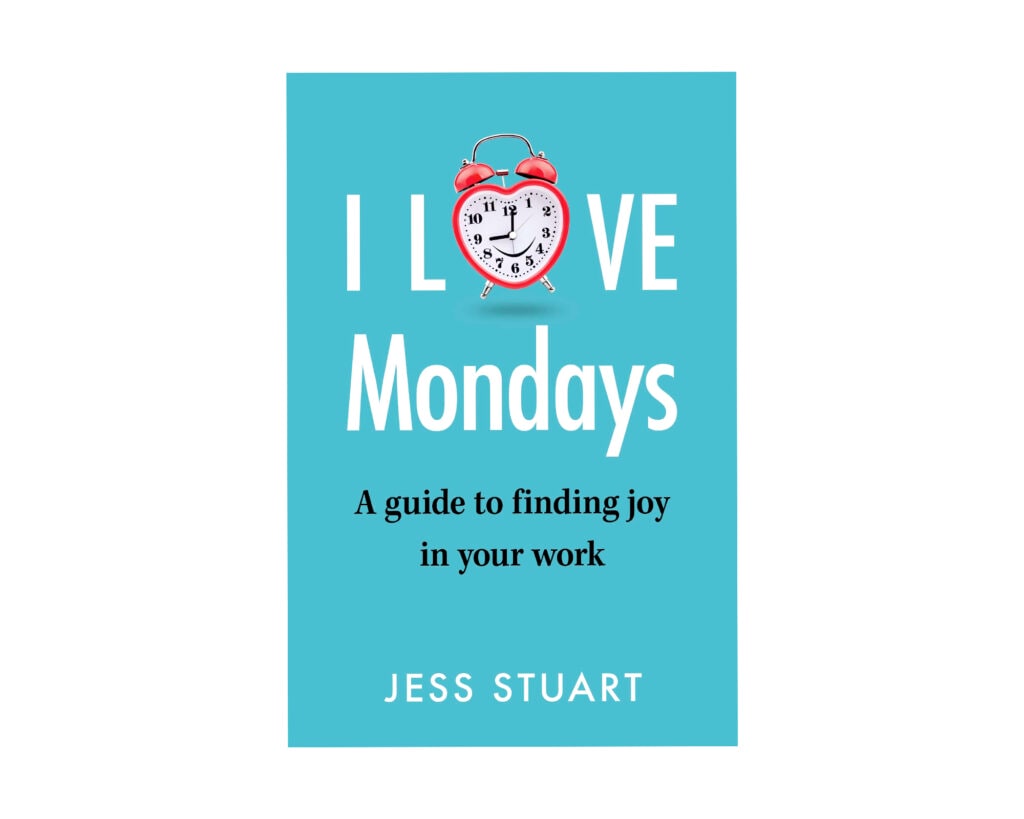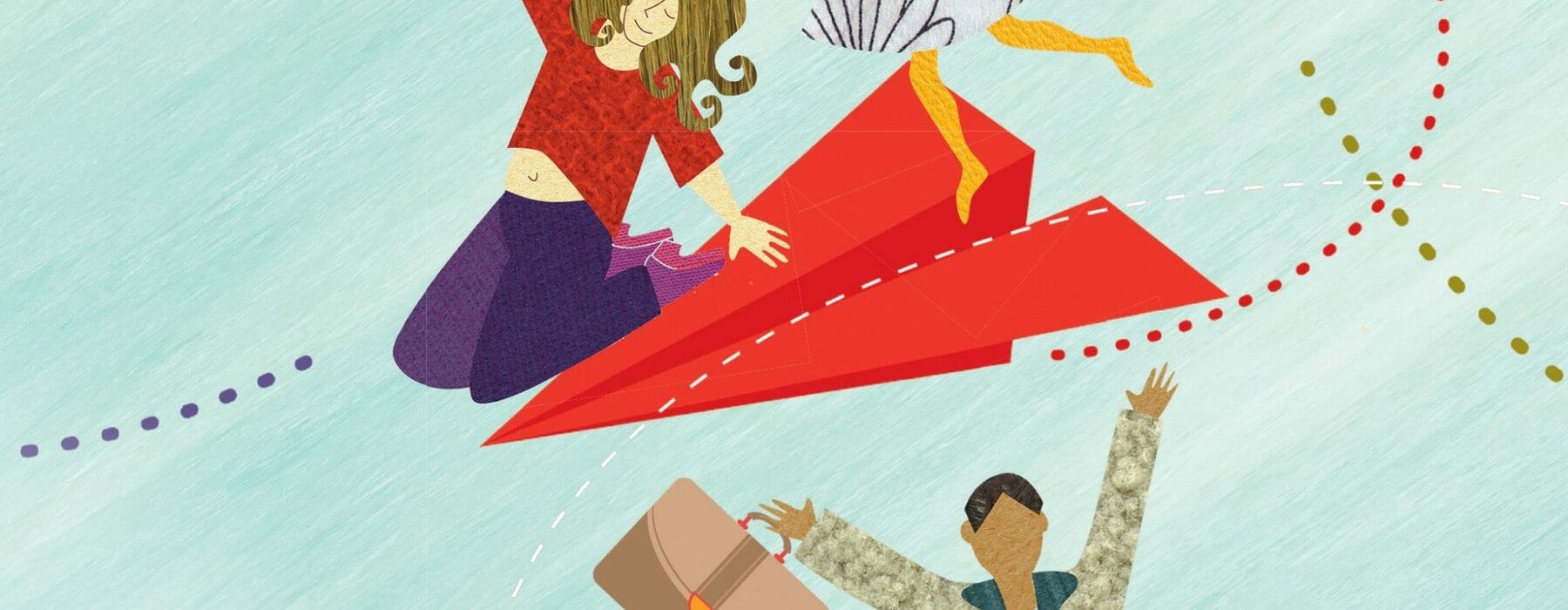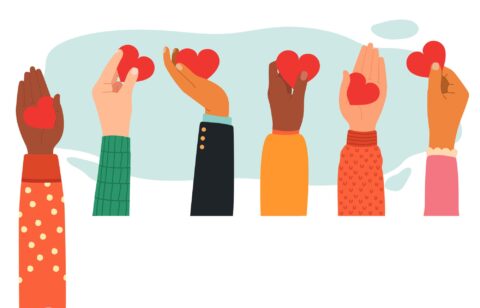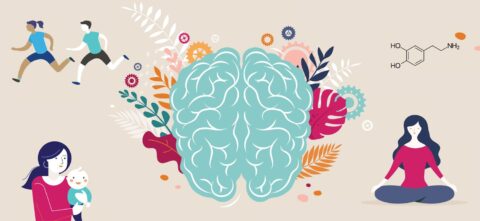Author Jess Stuart is on a mission to help people be happier at work, and the turmoil of the last 12 months may have been just the shake-up the world of work needed, she says.
There are so many different ways of working, and flexibility continues to grow as our workforce evolves. Covid-19 has opened the door to flexible working and more home-based offices. No longer does flexible working mean parents who want to work part time and pick up the kids at 3pm. Flexibility is about hours, location and so much more. We’re also not restricted to just one job any more. Many people have a side hustle to supplement their income or their sense of purpose.
American analytics and advisory company Gallup has found a significant proportion of American workers have a non-traditional relationship with their employer. Twenty-nine percent of all US workers have an alternative work arrangement as their primary job, and 36 percent participate in the gig economy – where organisations hire independent workers in temporary positions for short-term commitments.
The Organisation for Economic Co-operation and Development (OECD) says one in seven workers is now self-employed. Contracting and freelancing have become popular options, offering more freedom, variety and money for the same skills employers traditionally hired people for. It also gives the employer flexibility to respond to seasonal peaks and market shifts.
This will continue to evolve, as work always has. The future of work is unfolding. Globalisation, digitalisation and other mega trends are bringing radical shifts to how we live and work.
The world of work is changing. Artificial intelligence, automation and robotics will make this shift as significant as the mechanisation of agriculture and manufacturing was for previous generations. While some jobs will be lost, many others will be created. Technological progress, globalisation and ageing populations are reshaping the labour market.
At the same time, new organisational business models and evolving worker preferences are contributing to the emergence of new forms of work. While we might worry that all our jobs are to be replaced by robots, in actual fact, humans will always have a place and we’ve adapted and evolved already through many ages of the workforce since the industrial age.
Our working lives began out on farms in a manual way. Then the industrial age hit, and we worried we’d run out of food as people migrated into factories, and production lines, machines and shifts became the norm. Then we moved from the industrial age into the IT age and were increasingly in offices.
A new way of working, the salaried age, was ushered in, and with it many factory workers were left wondering if they’d still be relevant. In all of these examples through the ages, we’ve adapted; we retrained and we evolved. Just as we are doing now with the automation age.
The media may have us believe robots are soon to replace us. To a degree, yes, artificial intelligence and automation will replace some of the jobs we do (approximately a third, it is thought). However, just as with the farming age, industrial age and information age, we will adapt and evolve – just like the farmers and the factory workers did. We’ll retrain, and there will still be jobs; they might just look different. Our kids will be doing jobs we’ve never even heard of.
Endless opportunities
Things have changed so much in the world of work just within a generation, and they’ll continue to do so. It makes me laugh when we talk to our parents about working from home. They struggle to comprehend how we can be both working and at home. It just didn’t exist in their day. You either went to work or you stayed home. Well, what do you do if you’re working at home? How do you work if you’re at home? It’s not our parents’ fault they don’t get how we work these days – just as I’m probably not going to understand the work my nieces and nephews will do.
In fact, I’m already struggling to get my head around social media influencer as a career choice. Gone are the days of a job for life and, in fact, with the gig economy, we can now have lots of different jobs and roles at the same time: picking up contracts, working flexible hours, working for ourselves and working fixed term or part time for someone else.
Platforms like Uber, Airbnb and Fiverr are all enabling us to earn money without being employed. Almost one in 10 New Zealanders has more than one job. Multiple job holders are also more likely to work non-standard hours, Stats NZ reports.
The opportunities are endless, which gives us so many more options when we’re trying to map out a career plan that matches with our values, skills and aspirations.
In my parents’ day, you were lucky to have a job, and you stayed in that job as long as you could. You were never supposed to enjoy it – that wasn’t the point. I vividly remember at family parties all my family comparing notes on how much they hated their jobs or their bosses and how much longer until they could retire, or when their next vacation was. This was just the way it was. Of course you needed a job to have a life, to put a roof over your head and feed your kids, and I’m forever grateful for the jobs my parents did that allowed me to have the life I had growing up.
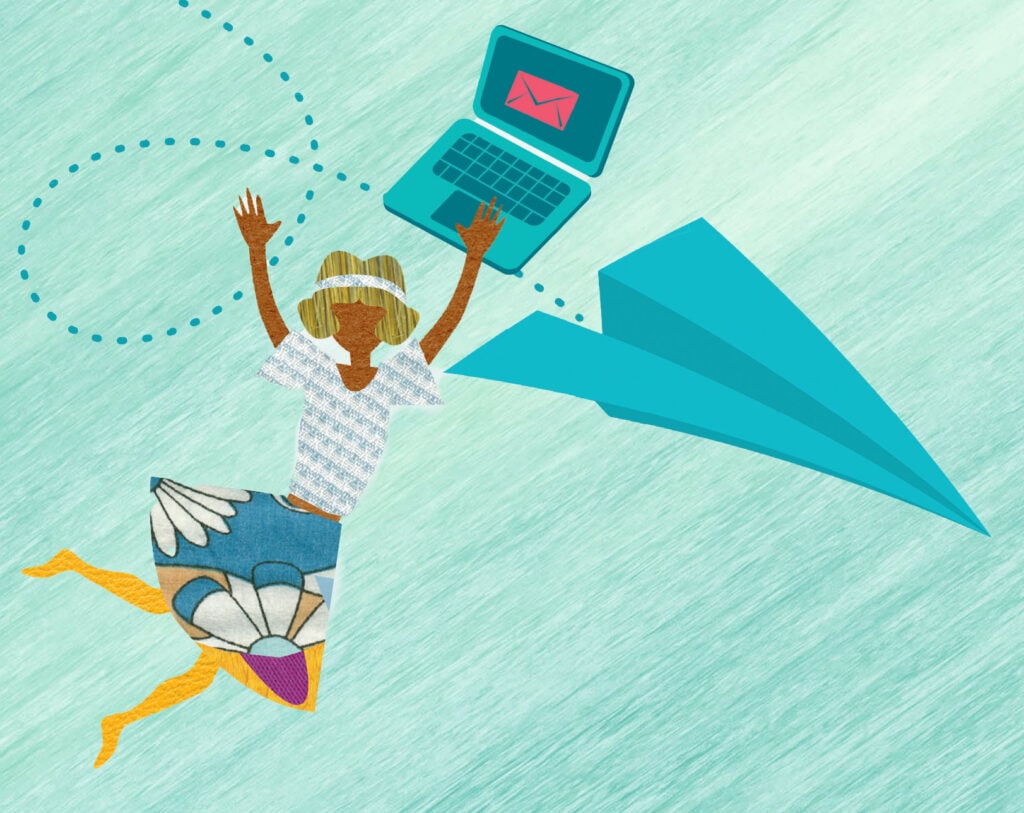
Lockdown upside
Following lockdown in 2020, a University of Otago study indicated that 89 percent of New Zealanders wanted to continue working from home in some capacity and only 11 percent wished to return to the office full time. A New Zealand research company, Perceptive, backed this up with data suggesting that 64 percent of us enjoyed working from home during lockdown and 46 percent of us believed we were more productive. We enjoyed the fact there was no commute, therefore more time and less stress (and it also saved money). Being undisturbed meant we could get more done and had more freedom to structure our day.
People could work at their most productive times of the day. For some, this was earlier or later – there wasn’t the pressure of being shoehorned into nine to five. Being at home meant there was more time to be with family without guilt, and this had a positive impact on wellbeing and relationships.
We also noticed it was cheaper to make lunch and coffee at home than to buy it from nearby cafés. Tea breaks were with our nearest and dearest, not gossipy work colleagues or Jeff from IT. Working in comfy clothes, not office attire, was also a novelty for many.
The way forward
The way we work has changed and is still changing. I sat down with Nick McKissack, CEO of Human Resources New Zealand, to talk about how work is changing and, of course, his views on loving Mondays. “The pandemic has thrown up some challenges and opened up a whole new world of possibilities in terms of how and where we work and then how companies engage people in those settings. It’s a new challenge for leaders to take the best of what we’ve learned and also figure out how we operate in this new world,” he said.
“Lockdown was unique and not repeatable when we consider the novelty factor, the crisis factor and [the fact] we were all in the same boat. That created some positive attributes in a way, which helped us get through. The challenge is what can be carried forward as a positive and how we manage that transition.”
I asked Nick what he thought the way forward was and how the best companies he’s seen have dealt with the task of engaging staff.
“Engaging with the people will help, as well as keeping the conversation going. Change poses some hard questions. Those who figure out how to incorporate this new way of being into the future will be the ones that are successful, and top talent will look for those organisations.
“Where I’ve seen engagement done well in organisations, purpose has been what’s shifted the dial. There’s been strong development and communication around vision and purpose, followed up with demonstrated commitment from the leadership team.”
What can we, the individuals within those organisations, do to take ownership and drive our own engagement? Nick’s advice echoed my experience in my HR career.
“If we can give employees a sense that they own the difference they can make, it’s much more enabling. Employees who feel like they are contributing towards something that means something have more ownership. I think purpose and autonomy to get the job done are two of the most important things.”
Nick told me, “In my twenties, my boss told me, ‘Never let your manager make you less of a person than you are,’ and I really believe that. Even if you don’t have a great boss, you can still find job satisfaction if you believe in the purpose of what you’re doing and have the feeling that you’re making a difference.”

Jess Stuart is a former human resources professional who now works as an author, coach and international speaker – a job she loves. Her new book, I Love Mondays, looks at how to find joy in your work, and if that’s never going to happen in your current job, how to find a new one.
